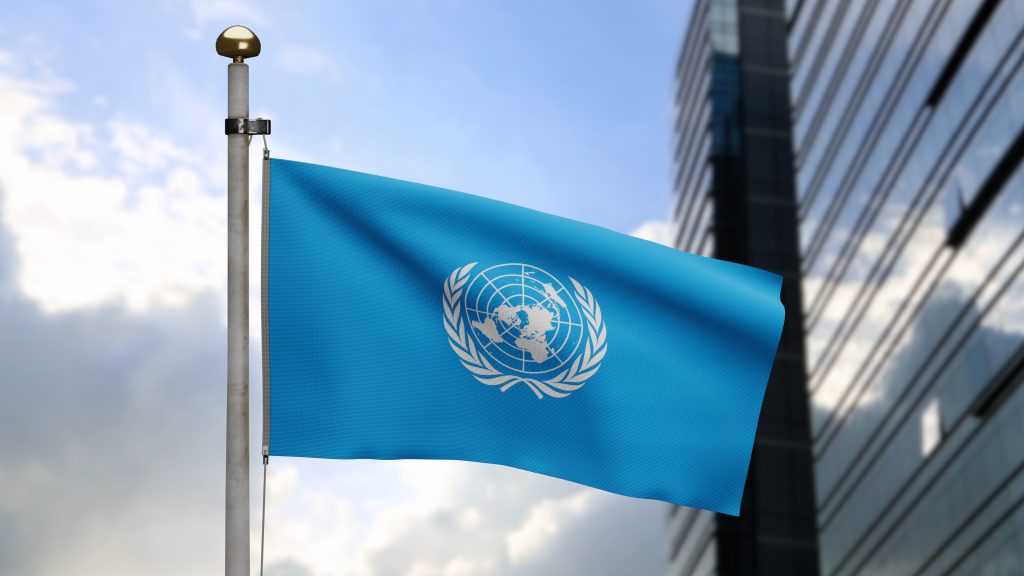UN’s plan to harness AI for global good
The United Nations (UN) wants to influence the future of artificial intelligence (AI) regulations.

The United Nations (UN) wants to influence the future of artificial intelligence (AI) regulations.
This week, during the UN General Assembly in New York, Amandeep Gill, the Secretary-General’s Envoy on Technology, organized “Governing AI for Humanity”, an event to debate the risks that AI raises and the current challenges of reaching global AI regulation.
SG Antonio Guterres appointed Amandeep Gill as the UN tech envoy in June last year, after he served as the executive director of the High-Level Panel on Digital Cooperation.
The UN recognizes that AI has the potential for tremendous good but also the need to balance the risks and opportunities brought by recent developments in generative artificial intelligence.
Both Guterres and Gill believe that a new UN agency is the answer to help steer this disruptive technology.
Why does it matter?
AI models developed in one country often have global impacts, so tech leaders around the world are calling for international cooperation on AI regulation.
Tech companies, including ChatGPT-maker OpenAI, are joining the call to create a new AI watchdog, akin to the International Atomic Energy Agency (IAEA), to safely handle current and future advanced AI systems. A newly created international AI watchdog would be responsible for audits, model reviews, compliance evaluations with safety standards, and security protocol validation.
In June, the UN SG followed up on the idea of an AI agency, adding that he would be “favorable to the idea that we could have an artificial intelligence agency …inspired by what the international agency of atomic energy is today.”
The mandate of a new UN AI body, its scope, and its structure are not yet defined, and some point out that powerful member states like the US, China, or Russia generally don’t endorse this type of supranational cooperation mechanism.
Other options on the table include an organization similar to the Intergovernmental Panel on Climate Change (IPCC) involving mainly technical experts, an international public and private partnership to ensure equal and fair access to beneficial AI, and even an international AI safety research platform on AI safety research efforts on the model of the European Organization for Nuclear Research (CERN).
In August, researchers from Microsoft and other non-profit centers published a document advocating that an International AI Organization (IAIO) could work with national and regional regulators to develop standards and certify jurisdictions instead of directly overseeing AI tech companies.
The UN is already taking a step forward with the newly established High-Level Advisory Body on AI, whose membership will be unveiled this October.
There is no doubt that Amandeep Gill will keep pushing for the creation of global guardrails within the UN ecosystem to ensure that AI supports sustainable development and benefits everyone.
